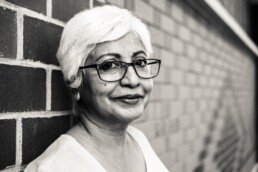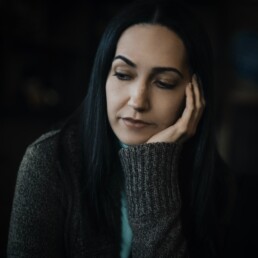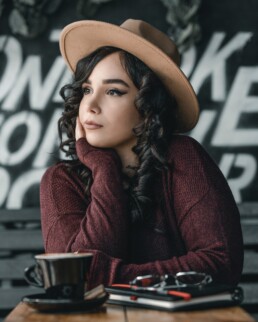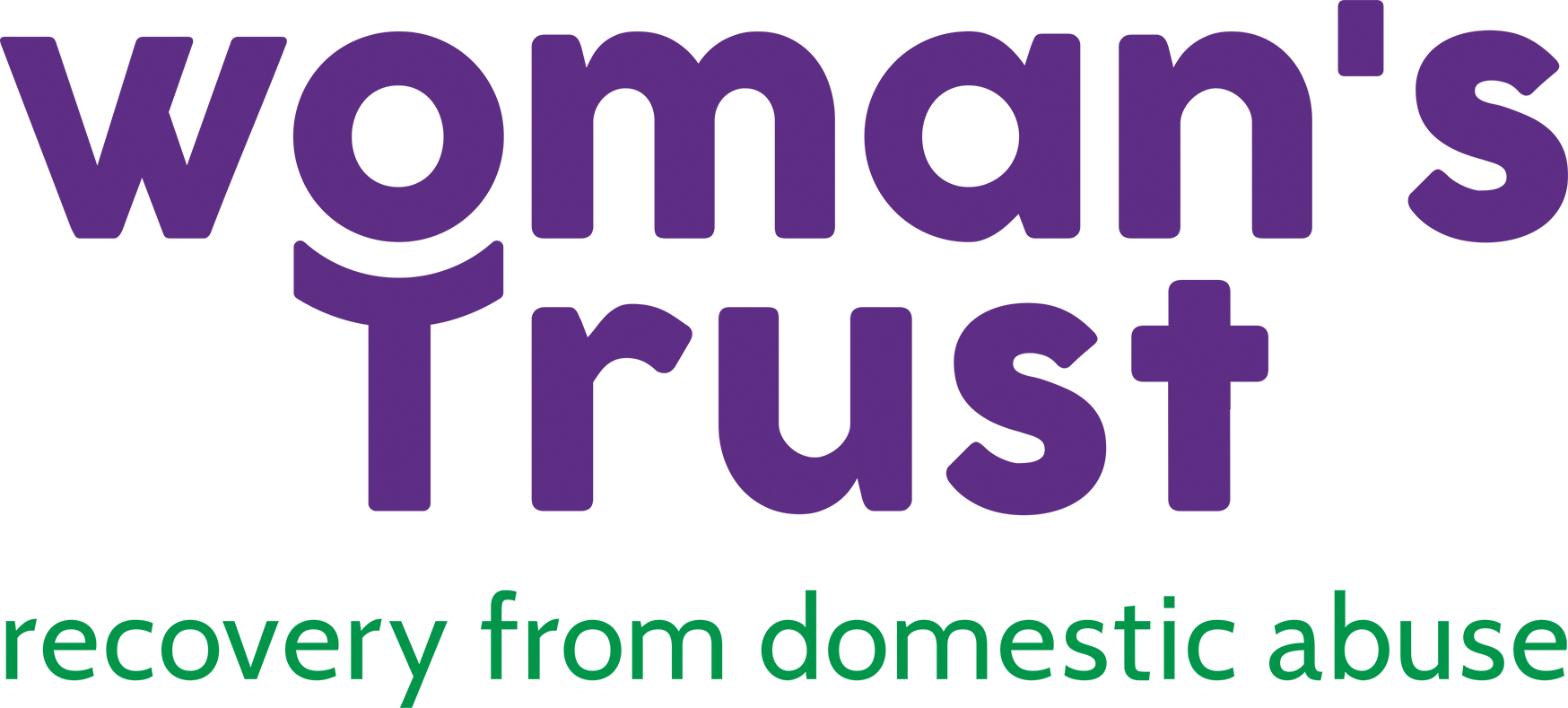Making sure our services are accessible
We want to support as many women as we can through our free mental healthcare.
Find out how we’re working to make our services as accessible as possible to women across London.

Domestic abuse is something that affects all women
Our mission is to ensure that as many women as possible are able to use our services, so they need to be accessible. We collect data so we can see who we are reaching and supporting and we analyse and evaluate this data every year.
To help us reach domestic survivors across the different communities and London boroughs, we have put a number of measures in place to ensure that our services are available to women regardless of their age, location, employment status, or financial or religious background, for example.
As part of this, we:
- are located in community venues across the areas we cover so they are as local as possible and women aren’t deterred or disadvantaged by travel time and costs.
- Provide our services free of charge to all women – because we don’t believe that money should be a barrier to urgent mental healthcare; and many women in successful careers also have their finances controlled by their partners. This also avoids the stigma of means testing, which could put woman off seeking help.
- Support with travel expenses for unemployed women or those with no recourse to public funds.
- Help with childcare costs for children under 5 years old, for women on low incomes and where our funds permit.


We also
- Offer our services to any woman who has experienced domestic abuse at any stage in their journey because we know that it can take years before women know they need, or feel able to ask for help.
- Respect womens wishes to honour religious festivals because we don’t believe your faith should put you at a disadvantage when it comes to receiving treatment.
- Offer services at different times and days to enable access to women with children, who are working or unemployed, in training or in education can access counselling and therapy at times to suit them.
- Make our resources simple and open to all and commit to reviewing our website and communications materials regularly to ensure the are accessible and engaging.
- Support our volunteer counsellors with free training, a continuous professional development programme, travel and telephone expenses and pay expenses for any administrative volunteers.
But we know we can always improve
We recognise that we do not have the expertise or capacity to support everyone. We have identified a number of areas for improvement and every year we assess what we can do with our limited resources to address these issues. Every November, we review our business plan for the year ahead (the next date will be November 2020.)
Here are some of the areas we have identified:
- Young women – Woman’s Trust is set up to deliver services to adults aged 18+. A pilot to reach younger women in 2016 proved that more resources would be required to reach more younger women and would need greater engagement with new technology and social media. Funding challenges mean we do not currently have the capacity to do this. However, we there are other organisations working in this area, where we can refer young women for support, such as Women and Girls Network.
- Older women – this group can be hard to reach and it is one of our strategic objectives. We are building links with organisations that support older women and consulting older women about what would help them and the best ways to reach older women, via organisation such as Age UK.
- Multiple & Other Ethnic groups – we reach a strong cross section of Black and minority ethnic (BME), but we know that we do not reach all groups. We are committed to building relationships with BME groups to address this intersectionality but recognise there are limitations to this. For example, there are a limited number of counsellors who work in different languages and using interpreters is not good practice for counselling with women who have experienced domestic abuse.
- Women with disabilities – we aim as much as possible to have venues that are accessible to women with disabilities, such as having venues with a lift. However, sometimes we signpost to other organisations who are better able to support women, such as Sign Health who support deaf women who have experienced abuse.

